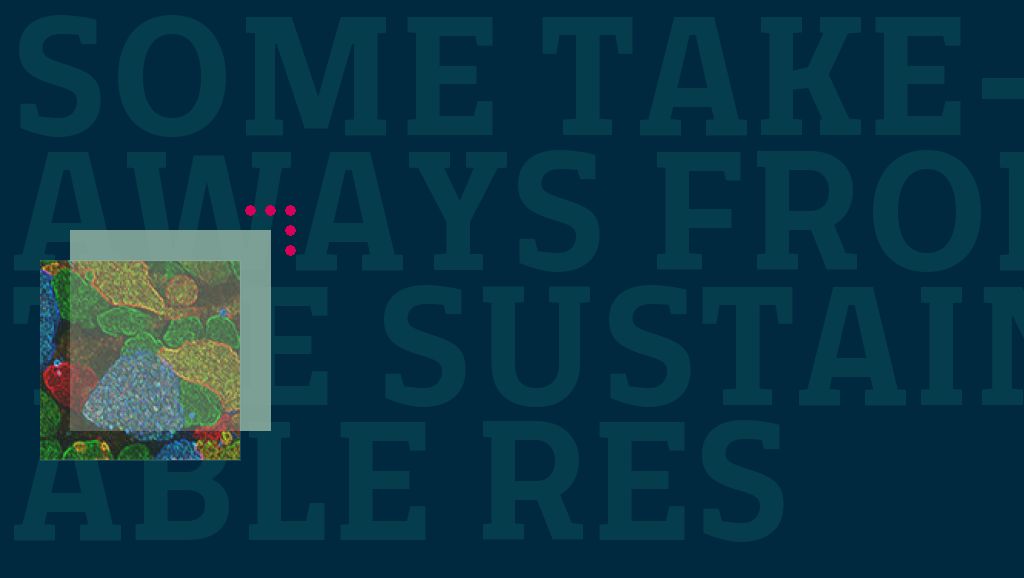After a COVID enforced two-year hiatus, I was pleased to physically step back into my first in-person symposium this month, the Sustainable Research Symposium 2022. This was the second such simposium, hosted on 19 May this year by the Dutch section of Green Labs, an organization described as a community and resources platform for sustainable science in The Netherlands.
This was a very well run and beautifully paced event, with interesting and thought-provoking presentations and interactions from the kick-off at 9AM to the 4PM closure of the networking event.
The day was divided into three sessions.
Session 1: Current state of sustainability in science and future outlook.
This session brought together an array of speakers who offered various perspectives, suggestions and materials related to the aim of making science practice more sustainable: Scientist Rebellion promote non violent demonstration, the Sustainable European Laboratories Network shares knowledge and assists scientists in their aim to work more sustainably, Carbon Conversations (I have written about this organization before) promoting discussion of climate issues, the Laboratory Efficiency Assessment Framework (LEAF) developed by Sustainable UCL, the MSCA Green Charter that promotes the sustainable implementation of research activities and the Green Laboratory Work Conference to name but a few!
Session 2: Innovative ideas to increase sustainability in research or industry.
This session also offered a broad spectrum of approaches and a host of ideas and included (amongst other things) an in-depth description of the LEAF certification process (mentioned above), an overview of the Max Planck Sustainability Network and the UNI-ECO project that works to raise awareness about sustainability on university campuses and foster cooperation and actions among all their users (students, academic and non-academic staff members).
This session closed with a short pitching of ideas, again informative, with strategies such as the 3D printing of new materials using recycled plastic waste from the same institution a promising example, alongside several projects that allow the measurement of the environmenta impacts of different choices.
Session 3: Panel discussion: How to make scientific conferences more sustainable?
Session 3 came closest to the realities within which I myself work as Foreign Correspondent for the Foundation as it addressed choices made regarding conference participation and organization.
From the discussion several areas that should be addressed in relation to environmental concerns emerged, some drawn from the actions of conference organizers and others from participants. Food waste and document printing, gadgets and freebies were all talked about for their potential environmental consequences (and proposals made to minimize the effects), although this led to a discussion of greenwashing, because the reality is that the main environmental issue when organizing conferences is travel.
Video taken from the online event is available to watch throughout the month of June 2022.
Some Personal Take-aways.
International conferences generally involve flying large numbers of people across the world, but what about the solution of online only or hybrid online/in-person events? This very conference was offered as a hybrid, which is not as organizationally simple as one might think (I learn from the organizing team). Fully online conferences may be slightly easier to organize but they run into time-zone problems, and the hybrid solution risks building a two-tear scientific community: those who travel, network and socialize in person, and those who attend from their own homes or offices. This may have implications as those attending in person may benefit from knowledge exchange and networking to a greater extent, which may be not only advantageous for their scientific development but also for their careers.
On the other hand, those travelling for work (through no choice of their own) may feel that they should not be, which could bring personal and psychological problems.
As part of ongoing research, attendees were all asked to complete a questionnaire so that the environmental implications of their in-person attendance could be measured. Questions addressed how they had travelled, whether they were staying overnight and which food choices they had made, all of which can be used to generate data.
And here lies the difficult question.
I learned a lot from attending, I grew my network and I enjoyed myself. I left rejuvenated! If I had the choice, I would not give up on attending conferences, because I believe that at the end of the day there is more to gain from attending in person than from following online, even at such a well-organized and participatory event that included desk yoga.
Learning Includes the fact that attending led me to interrogate myself and my own actions and choices when offered the possibility of presenting my own work or attending a conference either online or in person, and discuss these contradictory feelings with others who face the same conundrum in a relaxed social setting. The social eliment led to very precise questions being posed, such as whether it would be better to drive 200 KM to a conference or take a train the day before and spend an extra night in a hotel, and the environmental and monetary implications of such choices. These depths of discussion would not have been reached without physical presence, but nor would discussions of how such socially influenced conversations could be enabled using online communication technology (VR for example).
In the moments before COVID I co-edited the International Handbook on Responsible Innovation with Rene von Schomberg, the title says it all. It and its contents are used and debated internationally, and it would undoubtedly be in my and the Foundation’s (but also the RI movement’s) interest to be present and participate and mingle. But the question is how can we responsibly do that?
—————
















